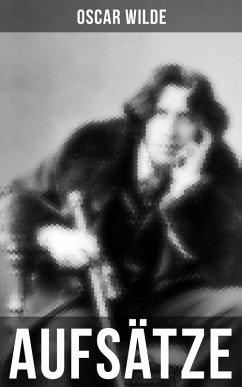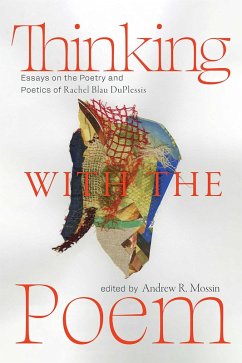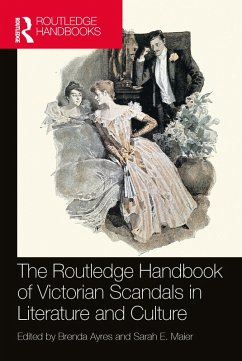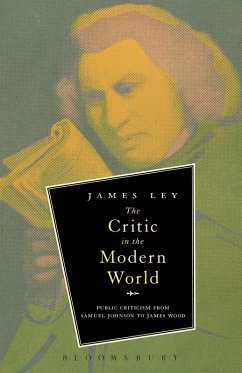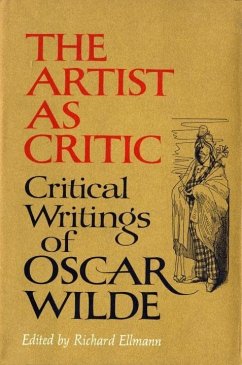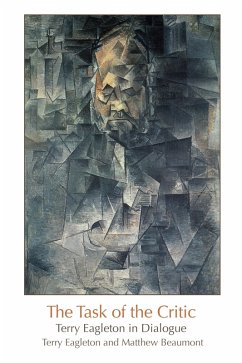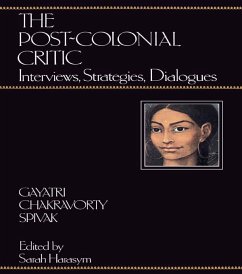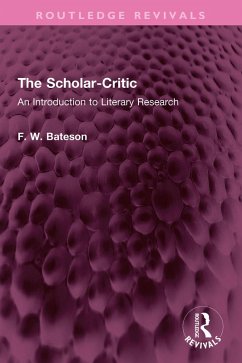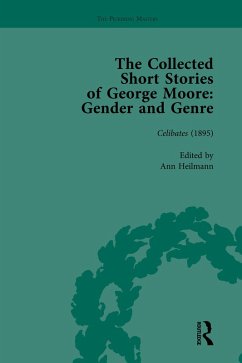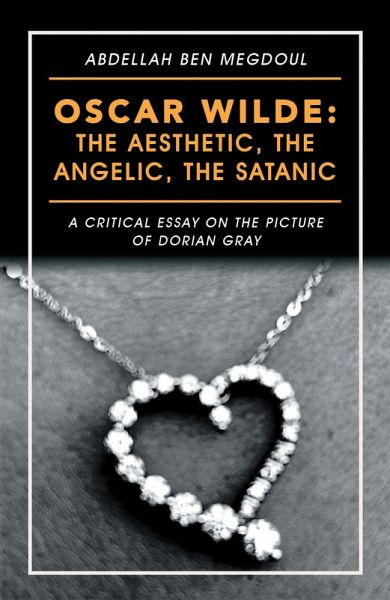
Oscar Wilde: the Aesthetic, the Angelic, the Satanic (eBook, ePUB)
A Critical Essay on the Picture of Dorian Gray
Versandkostenfrei!
Sofort per Download lieferbar
2,99 €
inkl. MwSt.
Weitere Ausgaben:

PAYBACK Punkte
1 °P sammeln!
Art can be beautiful, but it can also be ugly. A sin, for instance, can be a test of an individual's moral limits, and this sin can teach a person how to become more humane and make the world a better place through the acute use of justice, intelligence, science, and feelings to correct that sin. And in an age where pleasure became the only means to feed the curiosity of the soul, and where each move was a challenge, Oscar Wilde created Dorian Gray as the embodiment of these challenges. Oscar Wilde: The Aesthetic, the Angelic, the Satanic is a critical essay about the importance of the arts in...
Art can be beautiful, but it can also be ugly. A sin, for instance, can be a test of an individual's moral limits, and this sin can teach a person how to become more humane and make the world a better place through the acute use of justice, intelligence, science, and feelings to correct that sin. And in an age where pleasure became the only means to feed the curiosity of the soul, and where each move was a challenge, Oscar Wilde created Dorian Gray as the embodiment of these challenges. Oscar Wilde: The Aesthetic, the Angelic, the Satanic is a critical essay about the importance of the arts in modern society, and author Abdellah Ben Megdoul takes words and actions independently of their social and moral values and puts them one beside the other to build Dorian Gray's innocence-and thus Wilde's innocence. Is Dorian Gray really responsible for the actress's agony and death? Is he responsible for the perversion and degeneracy? Was it really perversion and degeneracy? Or, like most us, is Gray simply a victim of his personal aspirations? This critical essay will try to separate Dorian from his sins. Once jailed, Wilde was denied even a pen to carry on doing what he loved most: writing. This is a sin in itself-the worst sin and crime that was committed against any individual to receive sentence.
Dieser Download kann aus rechtlichen Gründen nur mit Rechnungsadresse in A, D ausgeliefert werden.




